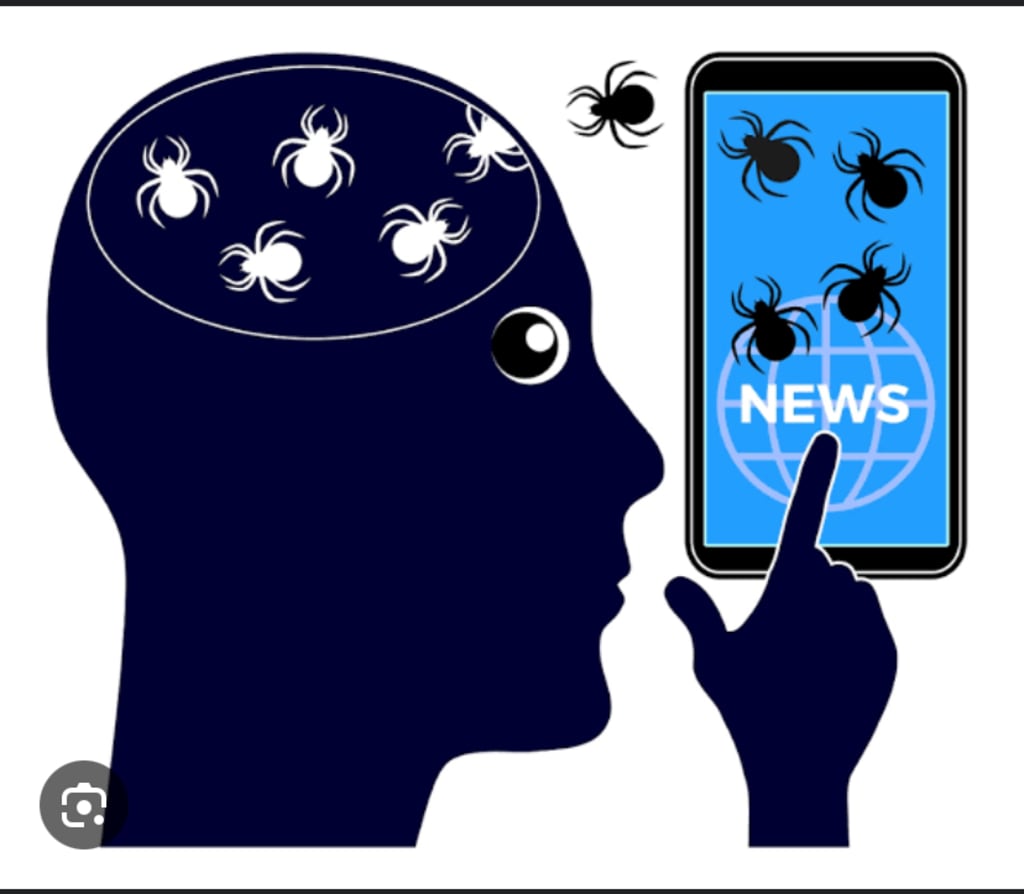The Impact of the Internet
The Impact of the Internet: Transforming Society, Economy, and Communication

The internet has emerged as one of the most significant technological advancements of the 20th and 21st centuries, profoundly influencing various aspects of human life. Its pervasive presence has reshaped communication, commerce, education, and entertainment, creating a globally connected world. This article explores the multifaceted impact of the internet on society, the economy, and communication.
#### Social Impact
**1. Communication Revolution**
The internet has revolutionized how people communicate. Email, instant messaging, and social media platforms have replaced traditional methods, enabling instant and global communication. Social media has given individuals a platform to share their thoughts, experiences, and opinions, fostering global connections and communities.
**2. Social Networks and Communities**
Online communities and social networks have enabled people to connect over shared interests, regardless of geographical boundaries. These platforms have empowered social movements, facilitated the exchange of ideas, and promoted cultural diversity and understanding.
**3. Access to Information**
The internet has democratized access to information, making knowledge available to anyone with a connection. This has transformed education, allowing for online learning platforms, digital libraries, and open access to academic research, thus promoting lifelong learning.
**4. Privacy and Security Concerns**
Despite its benefits, the internet has also raised concerns about privacy and security. Personal data is often collected and used by companies, leading to potential breaches and misuse. Cybersecurity threats, including hacking and phishing, have become prevalent, necessitating robust security measures.
#### Economic Impact
**1. E-Commerce and Digital Economy**
The rise of e-commerce has been a significant economic impact of the internet. Online shopping platforms like Amazon and eBay have transformed retail, providing consumers with convenience and businesses with global reach. The digital economy has expanded to include online banking, digital currencies, and financial technologies (fintech), revolutionizing traditional economic systems.
**2. Job Market and Employment**
The internet has created new job opportunities and transformed existing ones. It has facilitated remote work, freelancing, and the gig economy, allowing individuals to work from anywhere. However, it has also led to job displacement in certain sectors, necessitating workforce adaptation and reskilling.
**3. Innovation and Entrepreneurship**
The internet has lowered the barriers to entry for entrepreneurs, providing tools and platforms to start and grow businesses. Crowdfunding platforms, online marketing, and digital tools have enabled innovation and entrepreneurship, fostering economic growth and competition.
#### Communication Impact
**1. Media and Journalism**
The internet has transformed media and journalism, shifting from traditional print to digital formats. News is now instantly accessible, with real-time updates and multimedia content. Citizen journalism and blogs have diversified the sources of news, though they also pose challenges regarding credibility and misinformation.
**2. Digital Collaboration**
The internet has enhanced collaboration through digital tools and platforms. Professionals can collaborate across borders using video conferencing, cloud computing, and project management software, increasing productivity and innovation.
**3. Cultural Exchange**
The internet has facilitated cultural exchange by providing a platform for sharing and experiencing diverse cultures. Streaming services, online art galleries, and international forums have made cultural content accessible to a global audience, promoting cross-cultural understanding.
#### Challenges and Future Prospects
**1. Digital Divide**
While the internet has connected many, the digital divide remains a challenge. Unequal access to technology and the internet exacerbates existing social and economic inequalities, highlighting the need for inclusive policies and infrastructure development.
**2. Regulation and Governance**
The rapid evolution of the internet poses challenges for regulation and governance. Issues such as net neutrality, data privacy, and intellectual property rights require comprehensive legal frameworks to ensure fair and secure internet use.
**3. Technological Advancements**
Future advancements, such as artificial intelligence, the Internet of Things (IoT), and 5G networks, promise to further transform society. These technologies will enhance connectivity, automation, and data analysis, driving innovation but also raising ethical and security concerns.
#### Conclusion
The internet's impact on society, the economy, and communication is profound and multifaceted. It has transformed how we live, work, and interact, offering unprecedented opportunities and challenges. As the internet continues to evolve, it is crucial to address its challenges and harness its potential to create a more connected, informed, and equitable world.
About the Creator
Enjoyed the story? Support the Creator.
Subscribe for free to receive all their stories in your feed. You could also pledge your support or give them a one-off tip, letting them know you appreciate their work.





Comments
There are no comments for this story
Be the first to respond and start the conversation.